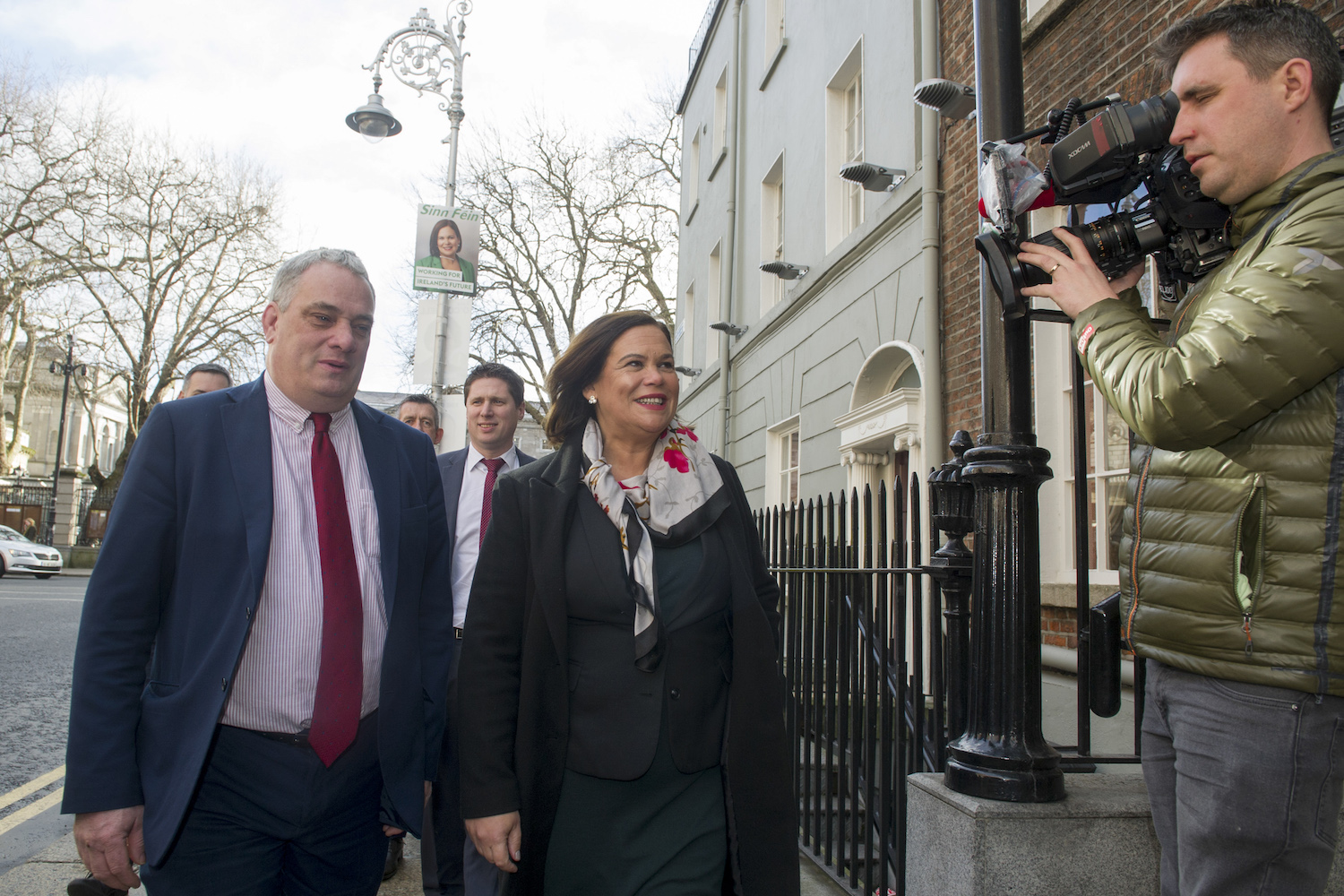
DUBLIN: Brexit is a “game-changer” that could trigger a referendum on Irish unification within three years, says the leader of the nationalist Sinn Fein party.
“This isn’t a one-off event, this is a game-changer,” Mary Lou McDonald told the Times newspaper on Saturday.
“I think we have to prepare and I think London has to prepare” for the possibility of a referendum, adding that five years was a realistic timeframe, but that “it could happen in three years”.
Her party, whose central policy is to take Northern Ireland out of British control, is flying high after winning the popular vote in last week’s general election in the Republic of Ireland.
“I am absolutely sure we were elected on a mandate to be in government,” she told the Times, as talks to form an executive continued. “This wasn’t a protest vote.”
The party’s journey from political pariah connected to republican terrorism to the mainstream confirmed that Ireland was moving toward a reunification vote, she said.
“Irish unity now is discussed across the island in a way that I never recall in my lifetime,” she told the British newspaper.
“If you look northward, the unionist majority has gone. There has been a generational turning of the wheel.”
Britain’s departure from the European Union, which was opposed in Northern Ireland, has “accelerated not just the conversation but the immediacy of recognising our collective needs and protecting ourselves”, she added.
McDonald claimed the Brexit vote was driven by “the lowest common denominator of English nationalism”, and that Ireland should “start making the preparations” for its own referendum.
Sinn Fein’s bid to form a new government appeared to stall on Thursday after the leader of the centrist party it has been holding talks with said they had “irreconcilable differences”.
With its 37 seats, the left-wing party long tarnished by past associations with nationalist paramilitaries, broke the country’s stranglehold of two-party politics.
London is already under pressure from Scottish nationalists, who want a new referendum on independence.